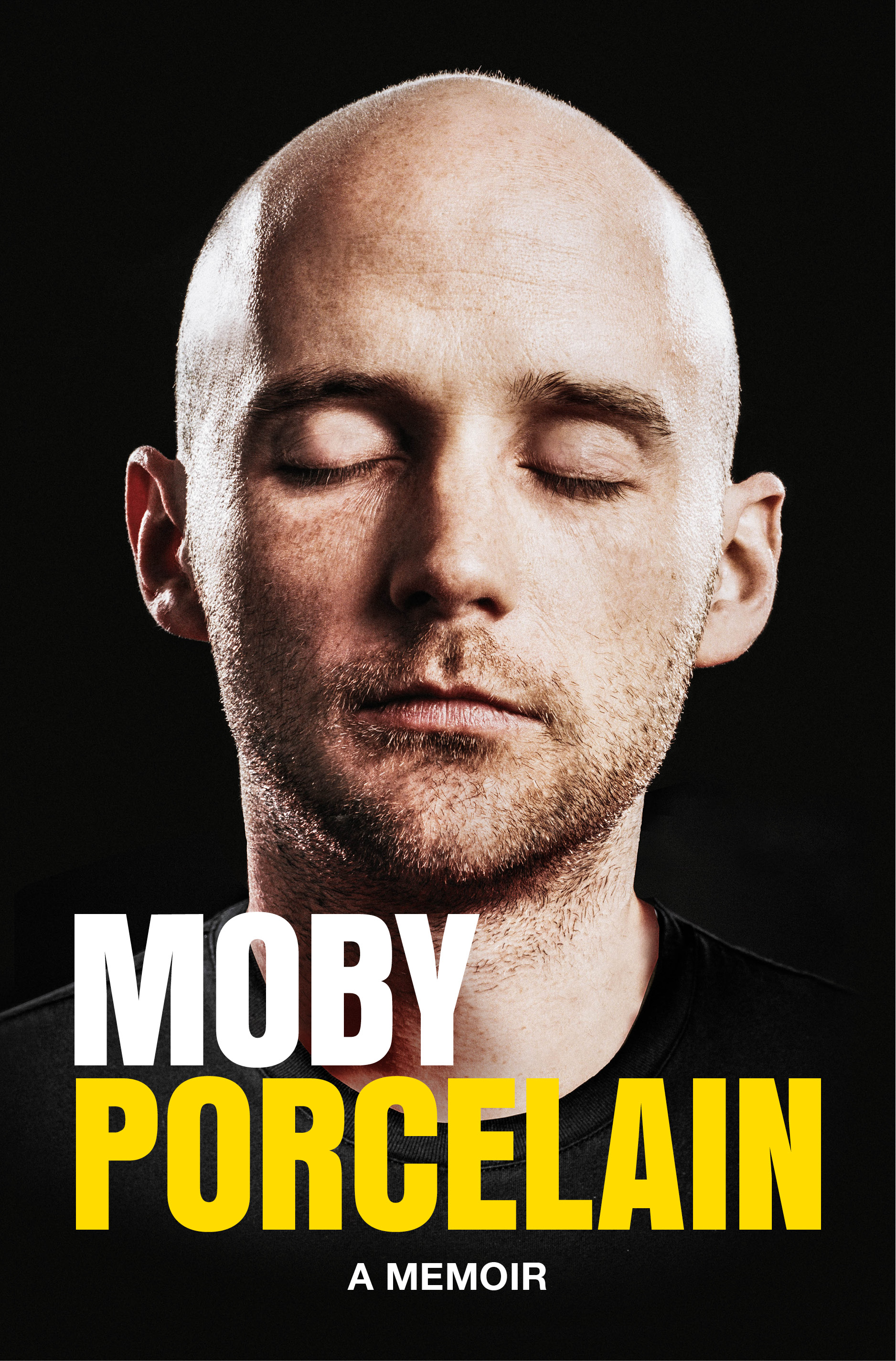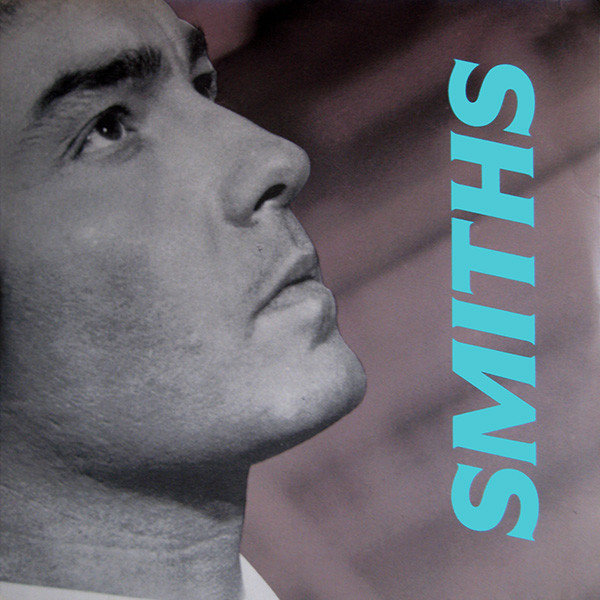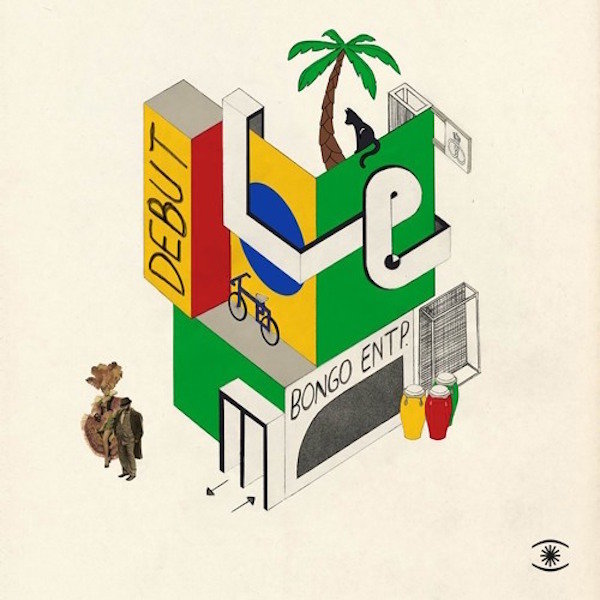Moby 'porcelain' (faber Social)
Bill Brewster Reviews
Moby's 'Porcelain' is one of the best music books I've read in ages so I thought I'd write some words about it. For some reason though I ended up chatting to Bill Brewster about it and as he's a far better writer than me I asked him to write some words on it instead so over to him. Thanks Bill and TP recommends this one.
::

Moby 'Porcelain' / Bill Brewster Reviews
The 1990s may well turn out to be the last golden era of New York nightlife, however much we wish otherwise. There were the post-Garage clubs like the Choice, Bassline, Red Zone, The Sound Factory and Shelter, Manhattan rap haunts Roxy and Mars (where Moby played); über clubs like Tunnel and Palladium, raver palace The Limelight, Don Hills, Nell’s, Sound Factory Bar, SOB’s, Save The Robots, an apparently never-ending list…. The decline began with the election of Rudy Giuliani to the post of mayor of New York in November 1993, the first Republican since 1965 in a famously Democratic city, his work in eliminating much of the vibrant downtown nightlife continued by successor Michael Bloomberg.
Moby’s memoir Porcelain is unusual for eschewing the greatest hits of his career (the release of Play, in particular) in focussing on the period 1989 to 1999, thus also largely missing out his colourful childhood – though not without offering enough hints as to how odd it was. It’s also one of the best musical autobiographies I’ve read for a very long time, certainly alongside the very best: Just Kids by Patti Smith, Bound For Glory by Woody Guthrie, Bob Dylan’s Chronicles and James Young’s almost peerless Nico: Songs They Never Play On The Radio.
When I was resident in New York, Moby was a constant downtown figure in New York, often on a bony bike mapping his way across Lafayette Street or the Bowery, or occasionally dropping into the DMC office where I worked to say hi to Chris Tropiano (aka DJ Trope). A pleasant guy, understated, who in conversation always seemed very serious, yet lurking underneath was a well-hidden bone-dry wit.
If my hazy memory is anything to go by, the public perception of Moby was as a straight-edge Christian vegan, which he uses to superb comic effect throughout the book, wrestling with the contradiction of his desires against the fervent wish to do his best by Him: “I’d first embraced Christianity when I was thirteen and I had started masturbating. I assumed that masturbating was wrong, so every time I masturbated I prayed afterward and apologised to God. After a full year of adolescent masturbation I joined a Christian youth group as a way of appeasing God and keeping him from dropping an anvil on my head. Eventually the masturbating started to seem normal, so I left the youth group and kept on masturbating.”
Dispensing with strict chronology in favour of carefully overlapping stories that cumulatively build a comprehensive picture of the era, leading up to, but not including, the release of Play. So, strangely, although Porcelain is a book written by a musician who has sold 20m. albums, it’s recounted in a way that feels like disaster is never more than a record release away, ending as he is dropped by Elektra after the commercial disaster of Animal Rights.
But the story feels almost irrelevant, since much of the pleasure comes from his spare and deadpan prose and an unyieldingly honest account of events that, more often than not, leaves the author as the butt of the joke: “I pulled on my stage clothes: jeans, T-shirt and a warm orange jacket that I thought looked like something Flea would wear. I looked in the mirror. I didn’t look like Flea. I looked like a sick man with a receding hairline and a ridiculous orange jacket.”
Underneath his self-mockery is a good deal of warmth for an era in New York (and in electronic music) that now feels long gone and possibly never to return. If anyone has summed up the thrill of the late 1980s and early 1990s better than this, I’ve yet to read it: “No big companies were doing this for us; we had created all of this – thousands of us, in different cities around the world. We had learned how to make electronic music and how to DJ and how to press vinyl and how to start record companies and how to start clothing companies. We were renting clubs and warehouses and putting on events for thousands of ecstatic dancing people. We were starting magazines and radio stations and inventing new musical forms: joyful, futuristic music that was the soundtrack to this new world we’d created. I wasn’t succeeding as a musician playing by the rules that some old person had created decades ago: I was succeeding in a musical landscape that my peers had gleefully invented yesterday.”
He is, apparently, working on the follow-up, from 1999-2009, in which he finds fame and concentrates more fully on becoming a drug addict and alcoholic – and the subsequent drying out. Personally, I can’t wait to read it.
Bill Brewster
Moby's 'Porcelain' is out now on Faber Social.


